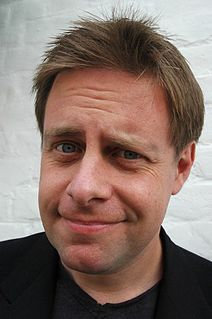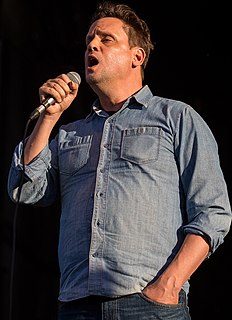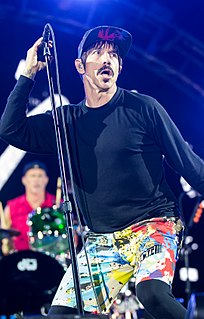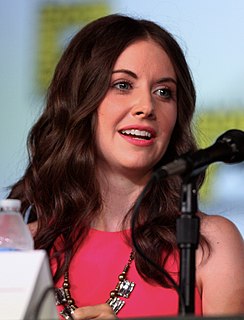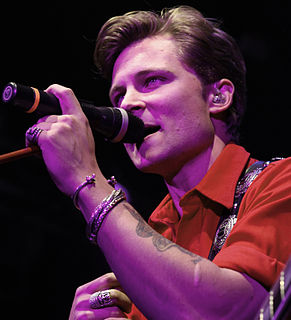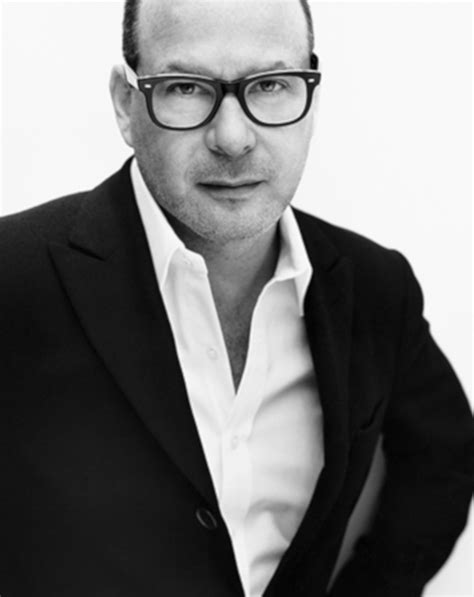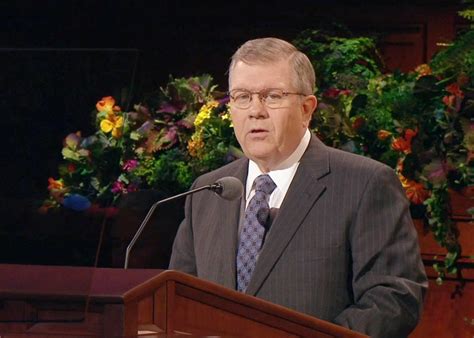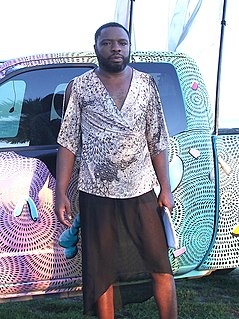A Quote by Paul Cornell
Distance is always helpful, and the fact that I'm a U.S. politics junkie helps a lot.
Related Quotes
There is really no fiction or non-fiction; there is only narrative. One mode of perception has no greater claim on the truth than the other; that the distance has perhaps to do with distance - narrative distance - from the characters; it has to do with the kind of voice that is talking, but it certainly hasn't to do with the common distribution between fact and imagination.
Being a photographer helps me see the work differently. I always walk away seeing things differently than when I stare at them myself. It gives me a little distance. So I love photography, but it also helps me tell the story. When I shoot the ad campaign for my work, it allows me to be much more direct.
